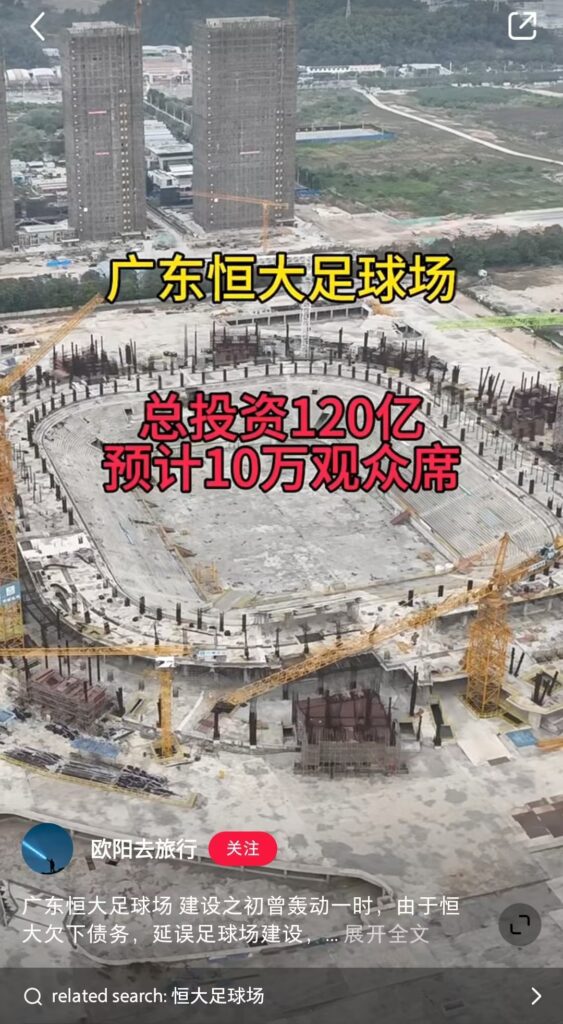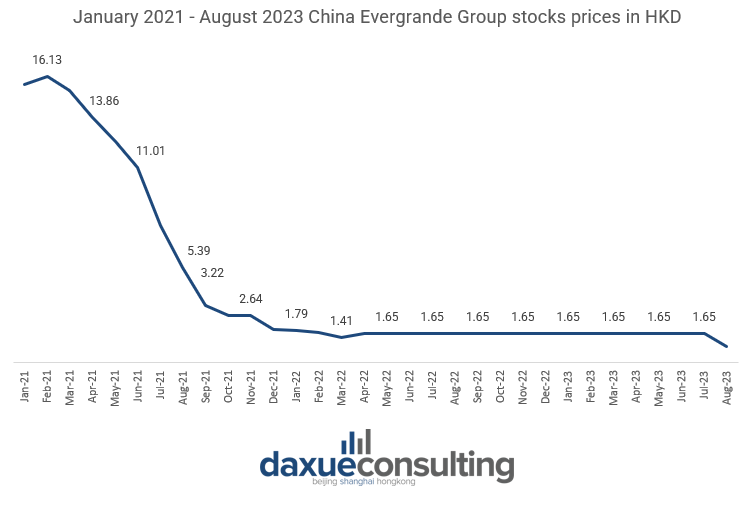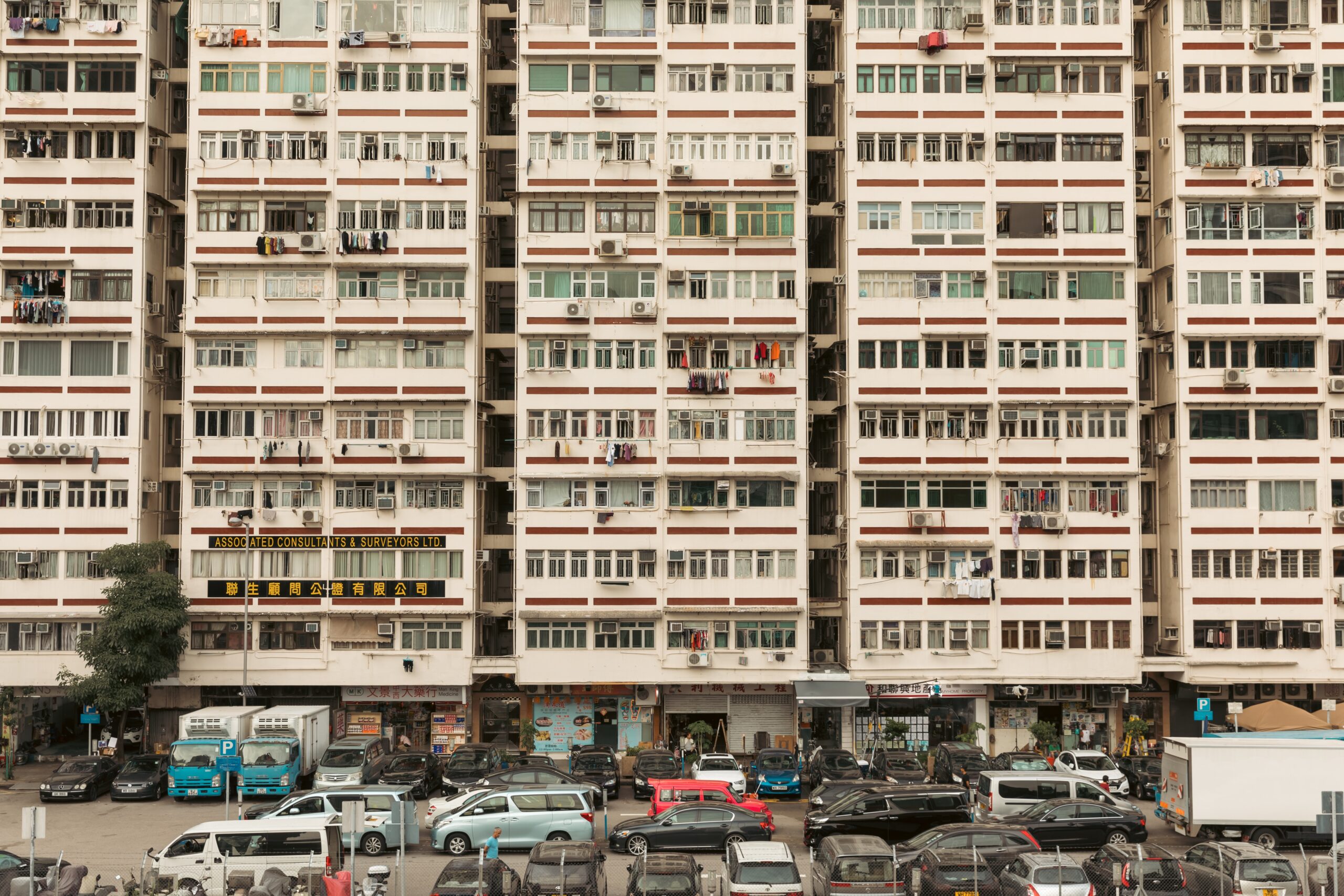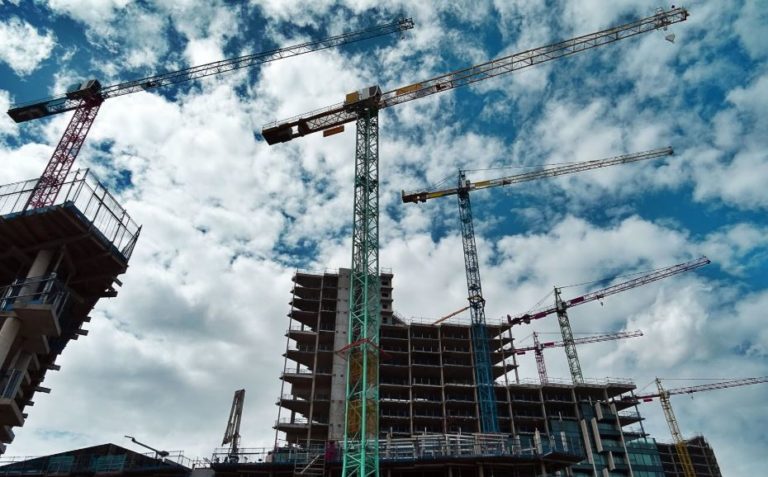The real estate market represents a huge pillar of the Chinese economy, generating a revenue of almost 116 billion RMB (15.8 billion USD) in 2022, accounting for 9.7% of the national GDP. However, since mid-August 2023, there have been serious problems related to the crisis of Evergrande (中国恒大集团), one of the biggest players in the housing market in China. Furthermore, many issues linked to rising housing costs and new consumption behaviors are seriously threatening this market sector.
Download the full report on the She economy in China!

Chinese consumers have changed their house purchasing habits
The shift from a planned economy to a market-based economy in the 1980s propelled China onto a path of high growth, with the property market playing a pivotal role in driving this expansion. In 2022, residential property prices saw a 6.4% decrease compared to the previous year, while sales of commercial residential properties experienced a 28% decline. This decline in sales could be attributed, in part, to the influence of the zero-COVID strategy, resulting in fewer marriages. Additionally, it reflects a diminishing confidence in the real estate market.
China’s real estate market started facing challenges in 2021, when the government tried to curb excessive borrowing of money to slow the rise in house prices, taking away real estate agencies’ main sources of income. This resulted in the default of the Evergrande Group in December 2021, which caused serious consequences to the housing market in China. The crisis triggered by the company also carried on in 2022, when more than half of the real estate societies’ sales were halved from January to April, while the others faced an average loss of 30%. Affording a house has become increasingly difficult in China, and the youngest generations struggle to buy one on their own.

To counter the excessive rise in house prices, in September 2023, the government loosened the policies for homebuying in high-tier cities like Beijing, Shanghai, and Chengdu. Now, a “homebuyer” is someone who can benefit from preferential loans and lower down payment requirements, even if they have previously applied for a mortgage.
Despite the real estate prices have increased, the demand for houses in China is rising among certain young consumer groups. Since 2020, the percentage of single young women in China who want to buy property has risen in line with the growing trend among Gen Z of rejecting early marriage, as they prioritize property ownership to alleviate societal pressure.
The default of Evergrande
The deep crisis of Evergrande was caused by a multitude of factors, such as the lack of funds, high debts, government policies, and difficulties on borrowing more money. At the end of 2021, when the housing market in China was booming and the company, struck by a “construction frenzy”, borrowed more than 2.4 trillion RMB (330 billion USD) to build houses. However, soon an oversupply problem emerged, leading to a heavy debt to pay. The crisis carried on until August 16th, 2023, when the company announced bankruptcy to the Shenzhen Stock Exchange, revealing a bubble of 2.4 trillion RMB (330billion USD) in debt. A day later, on August 17th, the company also filed for bankruptcy protection with the New York Stock Exchange, potentially having repercussions for the Chinese real estate sector.

Reforms in the real estate market in China
Before Evergrande filed for bankruptcy in mid-August 2023, the Chinese government had been making efforts to stabilize the real estate market and address the challenges faced by the company. In November 2022, China presented the “16 points plan” to limit the damages on the housing sector. One of the first moves was the roll out of a 100 billion RMB (13.7 billion USD) loan support project in December 2022, aimed at boosting rental housing in Chinese cities.
After the Evergrande bankruptcy, one of the possible solutions the government came up with was to loosen the strict policy of the “three red lines”, to which China’s real estate companies have been subjected since 2020. The policy was divided into three main regulations: the asset/liability ratio should not exceed 70%, the net debt ratio should not exceed 100%, and the short-term liquidity/debt ratio must have been more than 1%. These regulations had significant repercussions on the housing market in China, as they restricted new borrowings by housing developers and led to defaults within the sector due to their substantial debt burdens. As of August 2023, the government also implemented more policies to counter the severe pressures on the China’s real estate market, granting loans to construction companies and by letting local governments implement special channels for house purchases to boost sales.





